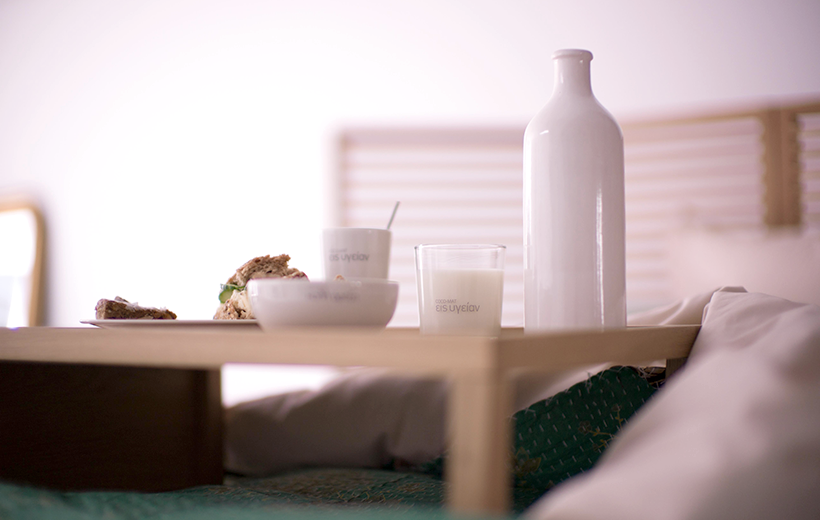It is well known that diet and sleep significantly affect both mental and physical health. However, their complex relationship and interaction are not always fully understood.
Many foods affect the quality of sleep, and the choice of a certain food or drink can make it easier or harder to sleep at night. A general rule is to eat a balanced diet that includes a significant amount of fruits and vegetables, as these foods provide you with the necessary doses of vitamins and other nutrients you need every day, which contributes to improving your sleep.
How is diet sabotaging your sleep?
According to available research, adequate nutrient intake through diet plays an important role in sleep. For example, a lack of nutrients such as calcium, magnesium, zinc, iron, and vitamins A, C, D, E, and K have been linked to sleep disorders.
Also, a meal rich in processed (white) carbohydrates, and thus with a high glycemic index, can affect energy levels and sleep quality. Overconsumption of carbohydrates is associated with interrupted sleep, but also with a reduction in the duration of the deepest and most restorative stages of sleep.
Another frequent "culprit" of poor sleep is alcohol. Research has shown that drinking alcohol in the evening helps to fall asleep faster, however, a little later, when the effect of alcohol wears off, it causes interruptions in sleep, especially in its deeper stages. At the same time, alcohol can worsen the symptoms of sleep apnea in people who suffer from this disorder.
Another cause that can make it difficult to sleep and is related to diet is heartburn. People prone to heartburn should avoid fried foods, high-fat meals, hot and acidic foods, alcohol, and soft drinks, especially in the evening hours. At the same time, it is recommended that they consume their dinner as early as possible.
Foods for good sleep
On the other hand, there are certain nutrients that have been linked to better sleep quality.
For example, B vitamins help the body regulate levels of tryptophan, an amino acid that facilitates sleep and produces relaxing serotonin. Foods rich in B vitamins are poultry, salmon, banana, and potato. Another component that regulates serotonin is copper, which is found in whole grains, legumes, nuts, potatoes, and dark leafy vegetables.
Calcium also acts as a natural sedative, relaxing the nervous system. It is mainly found in dairy products, but also in chia seeds and almonds.
Nutrition and sleep: Relationship... of life!
What do we conclude from all this? The diet that helps you maintain your energy, physical health, and mental clarity is the one that will also help improve the quality of your sleep. Choose a balanced diet without excesses, avoid ready-made, processed foods and you will find that at night you will sleep easier and in the morning you will wake up with more appetite and energy!
Smaragda Rizoudis
